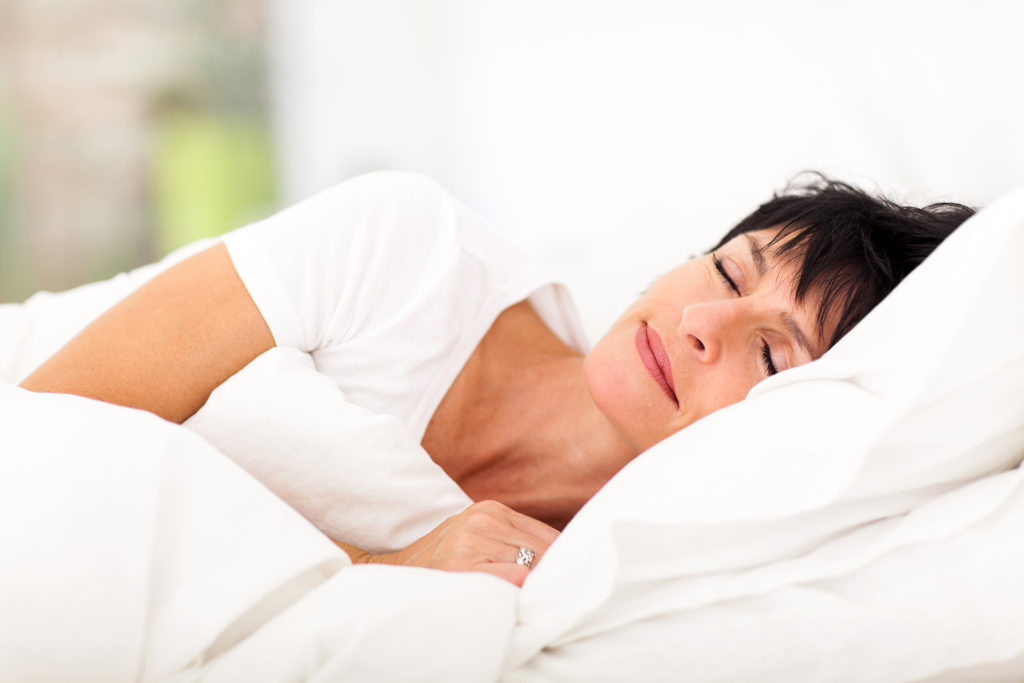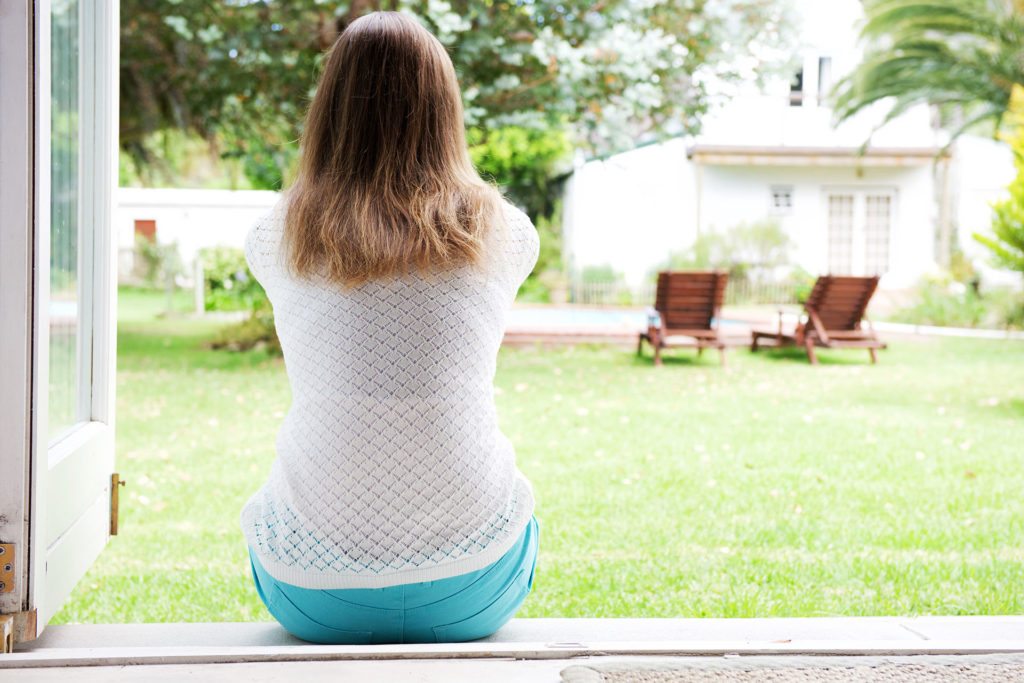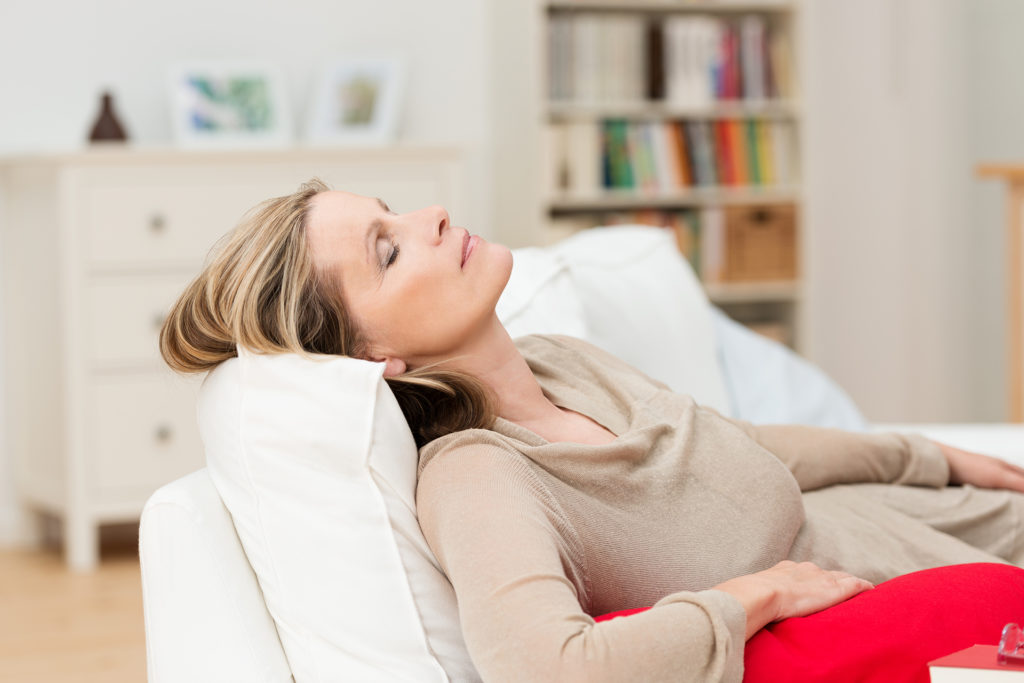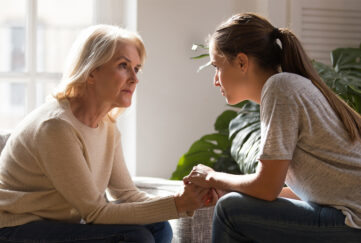Is Your Sleep Suffering Due To Coronavirus Anxiety?
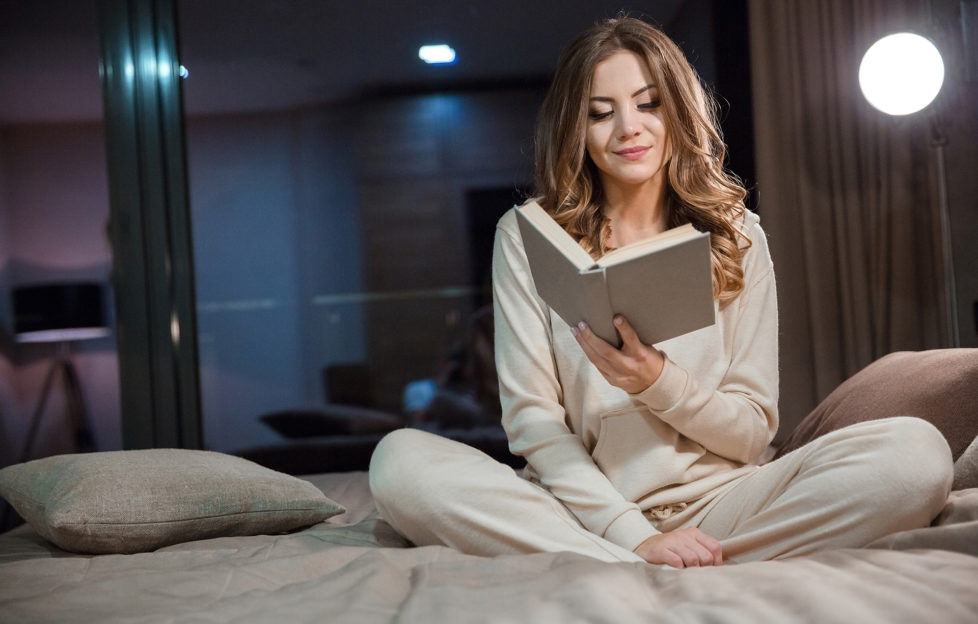
James Wilson, aka The Sleep Geek, can help!
1 Try to ensure that you have a corona free period before bed, of at least an hour, where you don’t watch the news or listen to programmes about it, or discuss it with partners or children. Watch or read something light and easy such as something funny, a favourite programme or book we already know or something trashy, that leaves us feeling better about ourselves.
2 If, due to worrying about the Coronavirus, you are in bed for 30 minutes and not asleep, either as you go to bed, or wake up in the middle of the night, then you need to reset your mind. I find listening to something, a spoken word book, podcast or meditation app, allows the mind to wander and your heart rate to drop. If you sleep alone, then you can do this in bed. If you sleep next to someone, I would go into another room and do the above, as the person snoozing away soundly next to you will only annoy you and add to your anxiety levels.
3 Keeping a consistent wake up routine will help you fall asleep and stay asleep at night time. I am not saying get up at the same time you would do for work; being at home more may help you develop a work routine that fits with your sleep patterns. This particularly applies to Night owls who are often forced to wake earlier than they would want to. If you have a lie in, try not to have one that last any longer than an hour and a half, as this could impact on how sleepy you feel at night.
4 Get outside and expose yourself to daylight in the morning, which will help regulate your body clock. Getting outside and doing exercise will help, as it lifts our mood and contributes to us feeling physically tired.
5 We all love a nap, and when we have nothing else to do and feel a little more lethargic in the day, then the temptation to nap can become overwhelming. If you don’t usually nap during the day, then starting now is likely to impact on your ability to fall asleep and stay asleep at night. If you are using naps as part of your routine (for example, if you are doing shift work or have young children) then try and have them about 1 or 2 in the afternoon and limit them to about 30 minutes.
For more information on James Wilson aka The Sleep Geek please visit www.thesleepgeek.co.uk


